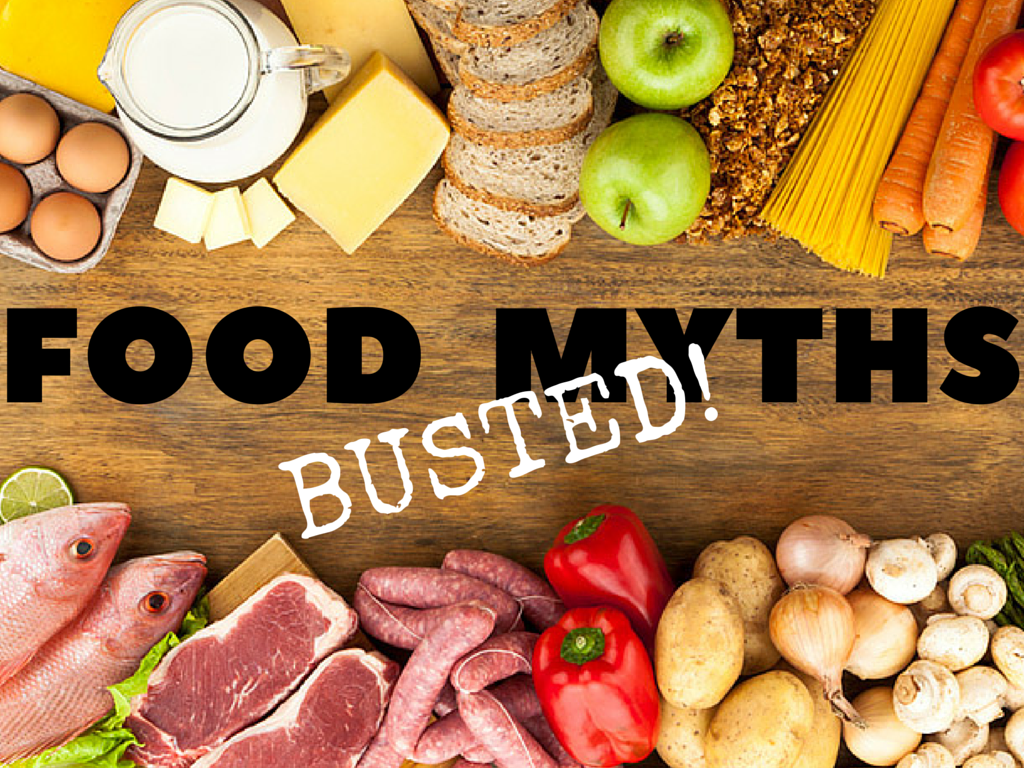Healthy eating is one of the most talked-about topics today, but it’s also one filled with myths and misinformation. Sorting fact from fiction can be confusing — and sometimes even overwhelming. To help you make informed choices, we’ve busted some of the most common healthy eating myths with evidence-based facts.
Myth 1: Carbs Make You Gain Weight
The truth: Carbohydrates are an essential energy source for your body, especially your brain and muscles. Not all carbs are created equal. Refined carbs like white bread, sugary snacks, and soda can contribute to weight gain when eaten in excess, but complex carbs such as whole grains, fruits, and vegetables provide fiber, vitamins, and minerals that support good health.
What to do: Focus on whole, minimally processed carbs, and balance your meals with protein and healthy fats for sustained energy and fullness.
Myth 2: Eating Fat Makes You Fat
The truth: Dietary fat doesn’t automatically lead to fat gain. In fact, healthy fats—found in foods like avocados, nuts, seeds, and olive oil—are vital for brain function, hormone production, and absorbing fat-soluble vitamins.
What to do: Avoid trans fats and limit saturated fats, but include healthy fats in your diet. They can help you feel satisfied and prevent overeating.
Myth 3: Skipping Meals Helps You Lose Weight
The truth: Skipping meals can actually backfire by slowing your metabolism and causing overeating later. Eating regular, balanced meals helps maintain energy levels and keeps hunger in check.
What to do: Aim for three well-balanced meals and healthy snacks if needed. Listen to your body’s hunger and fullness cues.
Myth 4: You Need to Detox or Cleanse Your Body
The truth: Your liver, kidneys, lungs, and skin naturally detoxify your body every day. There’s no scientific evidence that detox diets or cleanses improve this process — in fact, some detox plans can be harmful.
What to do: Support your body’s natural detox by eating plenty of fruits, vegetables, drinking water, and avoiding excess alcohol and processed foods.
Myth 5: All Calories Are Equal
The truth: While calories measure energy, the quality of those calories matters. 200 calories of sugary soda impacts your body differently than 200 calories of salmon and vegetables. Nutrient-dense foods provide vitamins, minerals, and fiber, promoting health beyond just calorie counting.
What to do: Prioritize nutrient-rich foods to nourish your body, and don’t get hung up on calorie counting alone.
Myth 6: You Must Cut Out Gluten for Better Health
The truth: Unless you have celiac disease or a diagnosed gluten sensitivity, gluten isn’t inherently bad. Whole grains that contain gluten, such as wheat, barley, and rye, can be part of a healthy diet.
What to do: If you suspect gluten issues, consult a healthcare professional. Otherwise, enjoy a variety of whole grains to get fiber and nutrients.
How to Navigate Healthy Eating with Confidence
-
Focus on whole foods: Emphasize fruits, vegetables, whole grains, lean proteins, and healthy fats.
-
Be skeptical of fad diets: If a diet sounds too restrictive or promises quick fixes, research carefully.
-
Listen to your body: Eat when hungry, stop when full, and enjoy your food.
-
Stay hydrated: Water supports digestion, energy, and overall health.
-
Plan and prepare: Simple meal planning helps avoid unhealthy choices when busy.
Final Thoughts
Healthy eating is about balance, variety, and nourishing your body — not following rigid rules or myths. By understanding the facts, you empower yourself to make choices that support your well-being in the long run. Remember, nutrition is a journey, not a destination!



